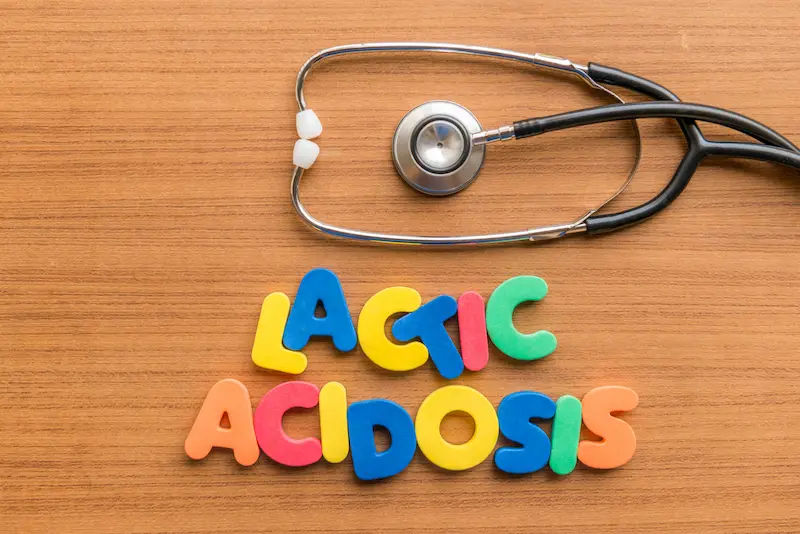- male
- 45 Years
- 10/05/2022
Can diabetic patients be doctors?
Answered by 1 Apollo Doctors
Yes, one only needs to study and pass to get a degree to be a doctor irrespective of their own medical conditions.
Dr. Dhankecha Suggests...
Consult a Endocrinologist
Answered 04/07/2025
0
0


Ask Apollo
AI powered Health Chatbot
-
Eligibility: Yes, patients with diabetes can become doctors. Diabetes does not inherently prevent someone from pursuing a medical career.
-
Considerations: a. Health Management: Effective management of diabetes is crucial to handle the demands of medical training and practice. b. Accommodations: Some accommodations may be necessary during long shifts or exams to manage blood sugar levels.
-
Advice: Consult with a healthcare provider to ensure a plan is in place for managing diabetes during medical school and beyond.
Answered 20/08/2025
0
0
More Endocrinology Health Queries
View allAre potatoes good for diabetics?
Yes , if taken in small quantity as potatoes are a good source of vitamins, minerals, and fiber.
Answered by 1 Apollo Doctors
I recently got a thyroid checkup and my TSH level came back at 100. I'm wondering how we can manage this thyroid issue, especially since I have a knee replacement surgery scheduled in 10 days. Is there any chance that the thyroid might affect the surgery? I'm a bit concerned about it.
A TSH level of 100 indicates severe hypothyroidism. To control thyroid levels before your knee replacement operation, you will need to start taking Levothyroxine. The usual starting dose for adults with severe hypothyroidism is 25-50 mcg once daily. Your doctor may adjust the dose based on your TSH levels. Regarding the knee replacement operation, uncontrolled hypothyroidism can increase the risk of complications during surgery, such as heart problems and delayed wound healing. It is important to optimize your thyroid levels before the operation to reduce these risks. Make sure to inform your surgeon about your thyroid condition so they can take necessary precautions during the knee replacement surgery.
Answered by 1 Apollo Doctors
I just checked my blood sugar level for the first time and it's at 120. I'm a bit concerned and wondering what steps I should take to keep it under control. Are there specific things I should do or eat to manage this? Would appreciate some guidance on how to proceed.
if the sugar levels you checked before food, then start a diet with less carbohydrates , high fibre content. avoid rice ,try ragi ball in lunch time
Answered by 1 Apollo Doctors
Disclaimer: Answers on Apollo 247 are not intended to replace your doctor advice. Always seek help of a professional doctor in case of an medical emergency or ailment.



_0.webp)